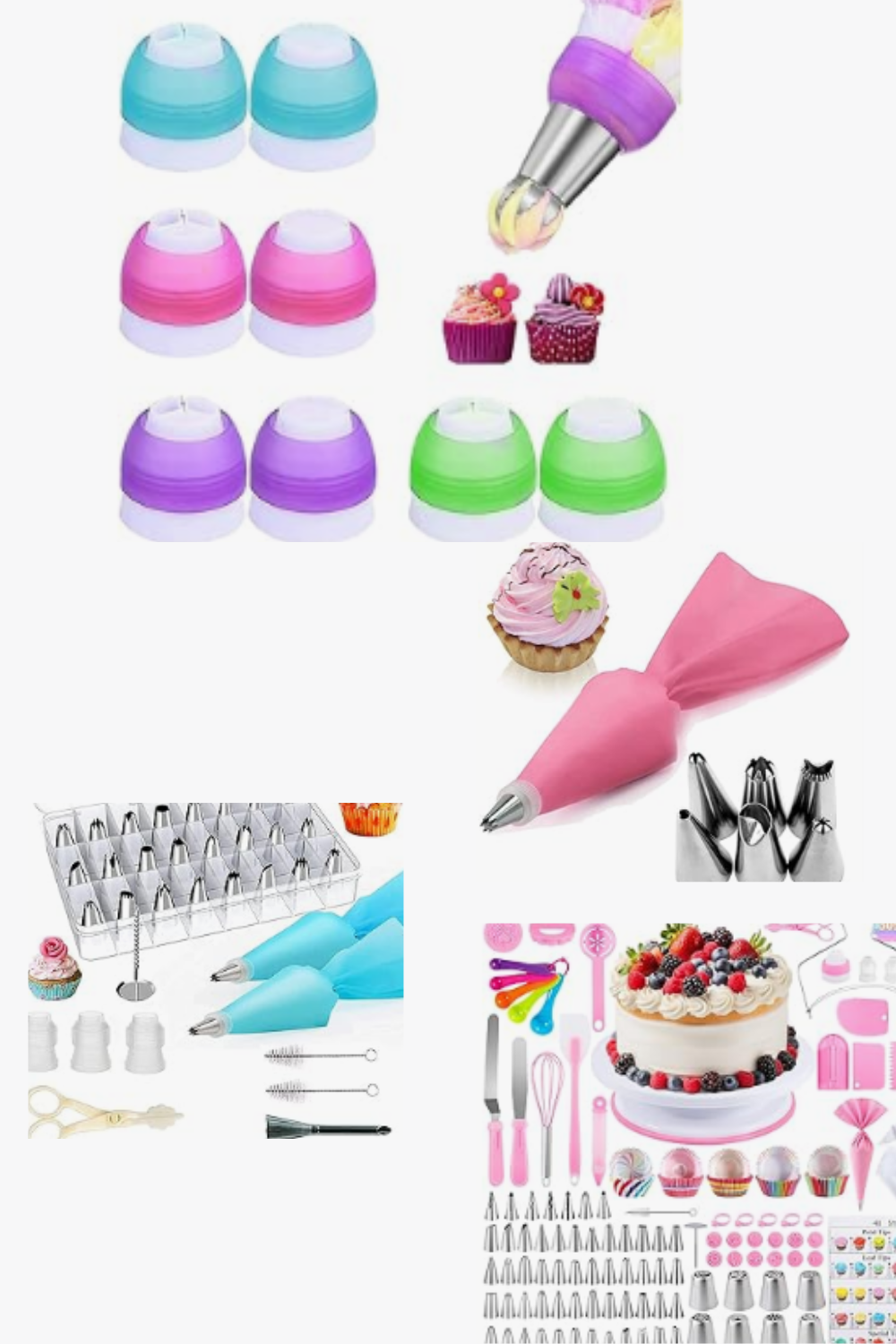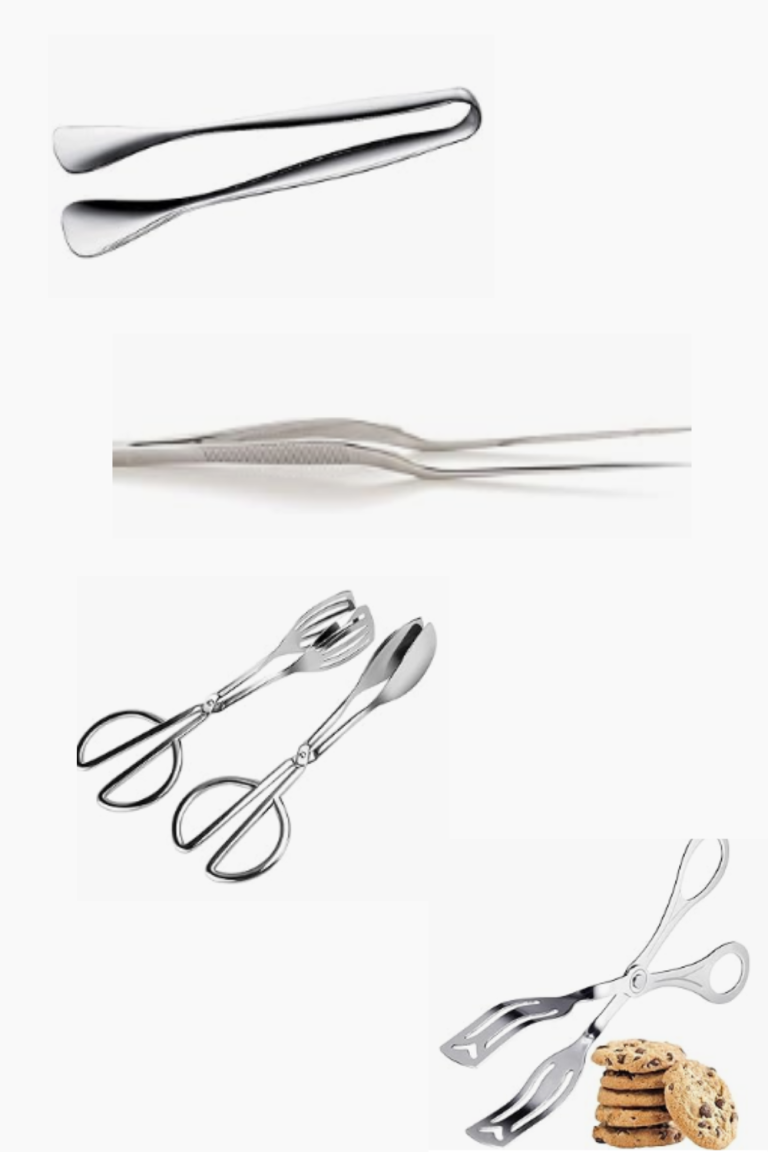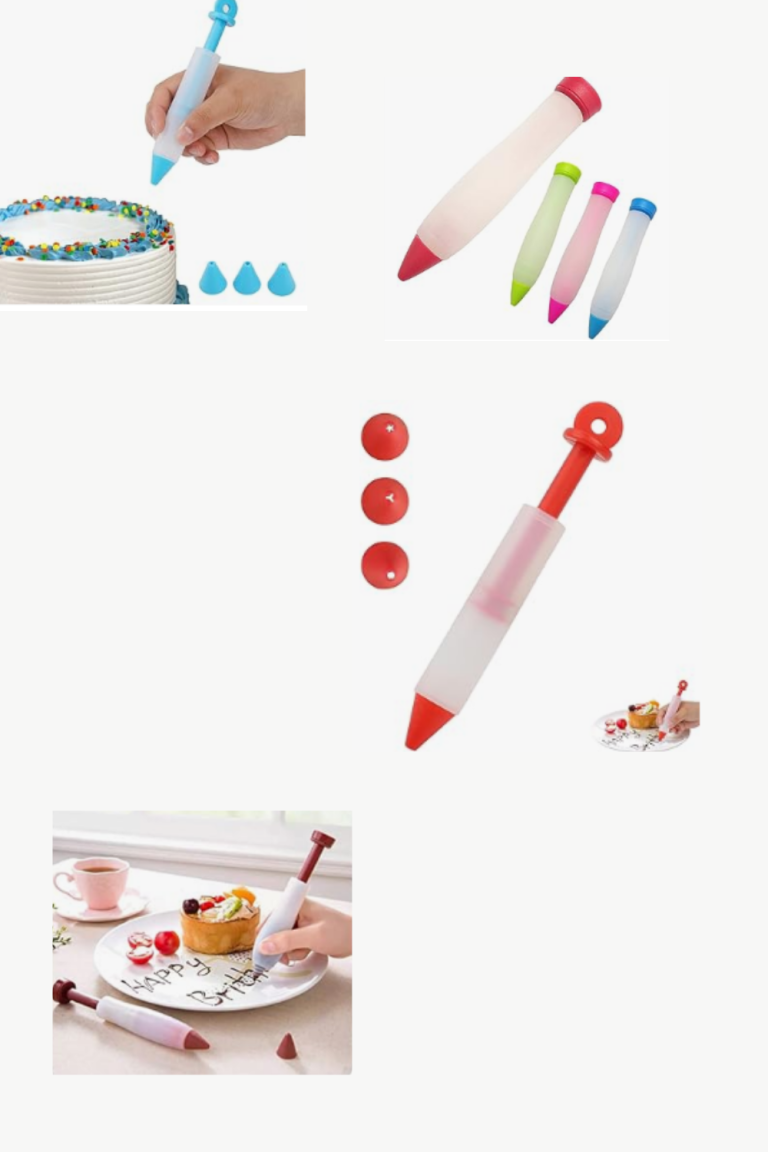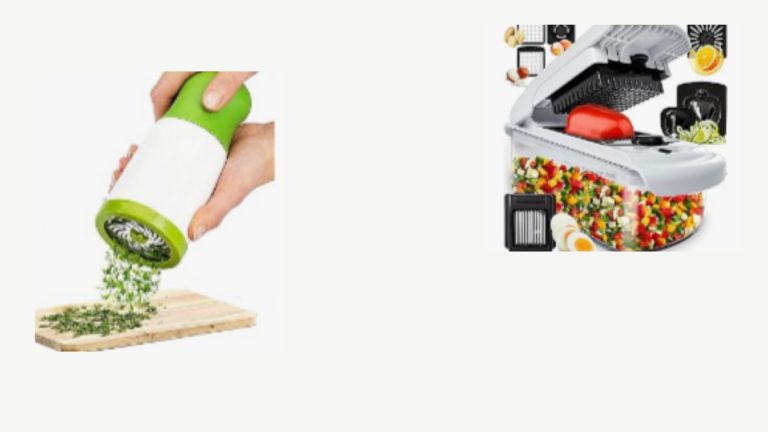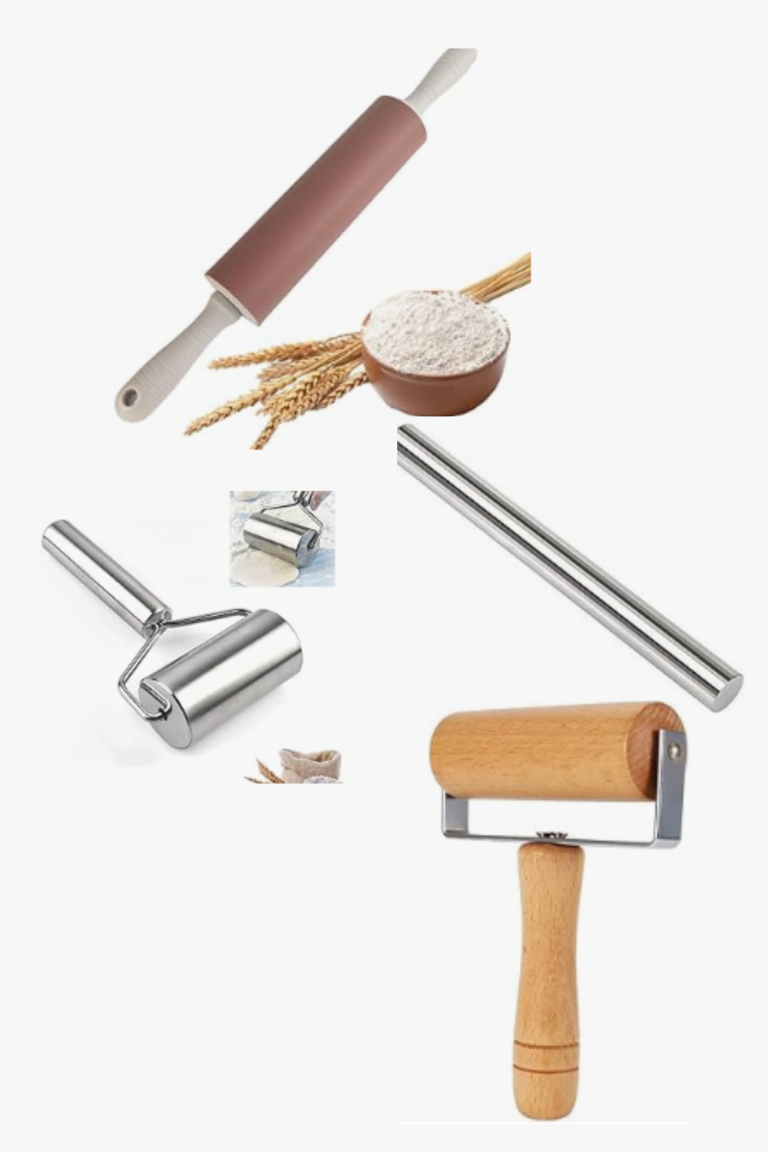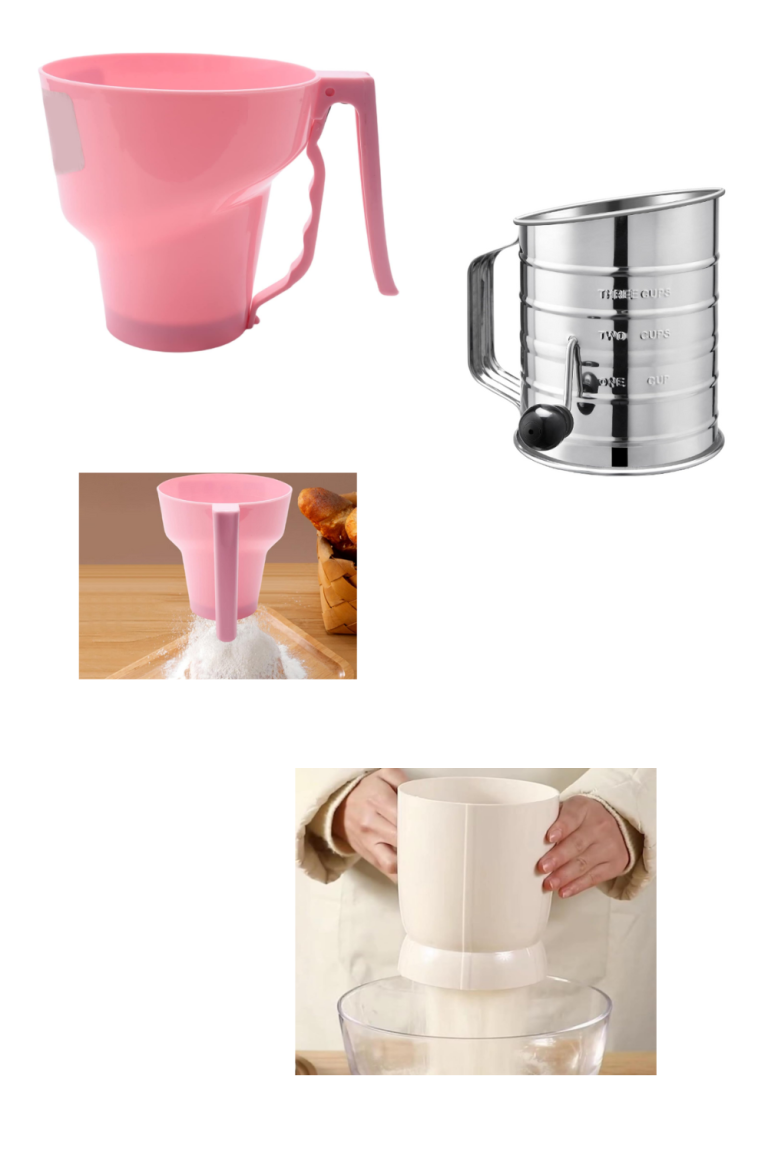CP: Couplers role in cake making Clarified
In this topic, I’m going to talk about an essential element in cake making CP Couplers. In my own personal experience, understanding how to use CP Couplers effectively can greatly enhance your baking results. Let’s dive into what CP Couplers are and their crucial role in creating delightful cakes.
Table of Contents
ToggleWhat are CP Couplers and Their Role in Cake Making?
CP often simply referred to as couplers in baking, are small but indispensable tools used in cake decorating. Their main purpose is to securely hold icing tips or nozzles in place on a pastry bag. This seemingly minor function plays a significant role in the efficiency and precision of cake decoration.
Check out the right Couplers, cake tools, and ingredients that you need here <
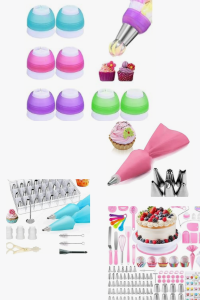
Importance of Couplers in Cake Decoration
Imagine trying to change the decorating tip on a pastry bag without a coupler. It would involve emptying the bag, replacing the tip, and refilling it an impractical and messy process, especially when working with intricate designs or multiple colors. Couplers streamline this task by allowing decorators to easily swap tips without disturbing the icing inside the bag.
How Couplers Work
Couplers consist of two parts: a base that screws onto the pastry bag and a ring that secures the decorating tip in place over the base. This mechanism ensures that the tip remains steady during piping, preventing it from moving or becoming loose a common frustration in cake decorating. Check out the right Couplers, cake tools, and ingredients that you need here <
Types of Couplers
There are two main types of couplers: standard couplers and large couplers. Standard couplers accommodate most decorating tips used for intricate detailing and fine lines. Large couplers, on the other hand, are designed for larger tips used in creating borders, rosettes, and other bold designs on cakes.
tips for Choosing the Right Coupler
When selecting a coupler, ensure it is compatible with the decorating tips you frequently use. Most couplers are made from plastic or metal, with plastic being more affordable and lightweight, while metal offers durability and is preferred by professional bakers for its longevity.
So, Couplers are essential tools that simplify the cake decorating process by providing stability and versatility when using different icing tips. Whether you’re a novice baker or an experienced cake artist, understanding how to effectively use couplers can elevate the quality and creativity of your baked creations. Check out the right Couplers, cake tools, and ingredients that you need here <
Comparing Couplers: Plastic vs. Metal
When it comes to choosing between plastic and metal couplers for your cake decorating needs, each material offers distinct advantages and considerations.
Plastic Couplers
Advantages: Plastic couplers are lightweight and easy to handle, making them ideal for beginners or casual bakers who value affordability and convenience. They are also dishwasher safe, simplifying cleanup after decorating sessions.
Considerations: While plastic couplers are budget-friendly and practical for most home bakers, they may not offer the same durability as their metal counterparts. Over time, plastic couplers can wear down, especially with frequent use of thicker icing or firm buttercream. Check out the right Couplers, cake tools, and ingredients that you need here <
Metal Couplers
Advantages: Metal couplers are prized for their durability and reliability in professional settings. They can withstand the rigors of frequent use and are less likely to crack or break compared to plastic. This longevity makes them a preferred choice for serious bakers and decorators.
Considerations: Despite their durability, metal couplers tend to be more expensive than plastic ones. They can also be heavier, which may affect the balance and handling of the pastry bag during extended decorating sessions.
Tips for Choosing the Right Coupler for Your Needs
When deciding between plastic and metal couplers, consider your baking frequency, budget, and specific decorating requirements. If you’re new to cake decorating or prioritize ease of use and affordability, plastic couplers offer a practical solution. For professional bakers or enthusiasts seeking long-term reliability and durability, investing in metal couplers may prove beneficial.
Whether you opt for plastic or metal couplers, understanding their differences and unique attributes will empower you to make informed decisions that enhance your cake decorating experience. Check out the right Couplers, cake tools, and ingredients that you need here <
Comparison tabular
Here’s a comparison table outlining the key features and considerations between plastic and metal couplers for cake decorating:
| Feature | Plastic Couplers | Metal Couplers |
|---|---|---|
| Material | Lightweight plastic | Durable metal |
| Advantages | Affordable | Long-lasting |
| Easy to use | Reliable | |
| Dishwasher safe | Sturdy | |
| Considerations | Prone to wear with heavy use | Higher cost |
| May not withstand thick icing well | Heavier | |
| Can be harder to clean | ||
| Best For | Casual bakers | Professional bakers |
| Home use | Regular use |
Key Considerations:
- Durability: Metal couplers are more durable and resistant to wear and tear compared to plastic ones.
- Cost: Plastic couplers are generally more affordable, while metal couplers tend to be pricier due to their durability.
- Ease of Use: Plastic couplers are lighter and easier to handle, making them ideal for beginners.
- Cleaning: Plastic couplers are often dishwasher safe, whereas metal couplers may require more careful cleaning to avoid rust.
- Application: Metal couplers are preferred in professional settings for their reliability, while plastic couplers are suitable for casual or occasional use.
FAQs on CP Couplers in Cake Making
Q: What are CP Couplers used for in cake decorating?
A: CP Couplers are used to securely hold icing tips or nozzles in place on a pastry bag. They allow decorators to easily change tips without emptying the bag, enhancing efficiency and precision in cake decoration.
Q: Can I use any coupler with any decorating tip?
A: It’s essential to use a coupler that matches the size and type of decorating tip you intend to use. Standard couplers are compatible with most tips, while large couplers are designed for larger tips used in creating borders and larger designs.
Q: Are plastic or metal couplers better for cake decorating?
A: The choice between plastic and metal couplers depends on your specific needs. Plastic couplers are lightweight, affordable, and easy to use, making them suitable for beginners and casual bakers. Metal couplers, although more expensive, offer durability and reliability, making them ideal for professional bakers and frequent decorators.
Q: How do I clean couplers after use?
A: Plastic couplers are often dishwasher safe, making cleanup straightforward. Metal couplers should be washed by hand to avoid rusting and ensure longevity. Use warm, soapy water and a brush to clean both the inside and outside of the coupler thoroughly.
Q: Can couplers be reused?
A: Yes, couplers can be reused multiple times as long as they are cleaned properly after each use. Ensure that no dried icing or residue remains inside the coupler to maintain its functionality. Check out the right Couplers, cake tools, and ingredients that you need here <
Final Words
Understanding the role of CP Couplers in cake making and choosing the right type for your needs can significantly enhance your baking and decorating experience. Whether you opt for plastic for its affordability and ease of use or prefer the durability of metal for professional results, couplers play a crucial role in achieving beautifully decorated cakes. Experiment with different tips and techniques supported by couplers to unleash your creativity and delight friends, family, and customers with stunning baked creations.

Hi!
I’m Mike, the creator of Forum Foodies. In my own personal experience, understanding ingredients is key to great cooking.
Forum Foodies offers guides on various ingredients, from staples to exotic finds. Join our community, share your experiences, and learn from fellow food lovers.
Have questions or suggestions? Email me at info@forumfoodies.com. Let’s embark on this delicious adventure together.
Happy cooking.
Mike/
Related Posts
- CT: Cake Tester role in cake making Clarified
In this topic, I'm going to talk about a tool that plays a crucial role…
- CS: Cake Slicer role in cake making Clarified
In this topic, I'm going to talk about the CS - Cake Slicer, drawing from…
- CF: Cake Flour role in cake making Clarified
In this topic, I'm going to talk about the role of cake flour in making…
- CC: Cake Comb role in cake making Clarified
In this topic, I'm going to talk about the CC - Cake Comb and its…
- BL: Blender role in cake making Clarified
In this topic, I'm going to talk about the role of a blender in cake…
- CP: Cupcake Pan role in cake making Explained
In this topic, I'm going to talk about the essential tool in cake making the…
- GC: Grater role in cake making Clarified
In this topic, I'm going to talk about the essential kitchen tool known as the…
- CT: Cheesecloth role in cake making Clarified
In this topic, I'm going to talk about the role of cheesecloth in cake making,…
- SL: Spreader role in cake making Clarified
In this topic, I'm going to talk about the role of a crucial ingredient in…
- ST: Strainer role in cake making Clarified
In this topic, I'm going to talk about the essential role of a strainer in…
- SF: Sifter role in cake making Clarified
In this topic, I'm going to talk about the SF - Sifter, a crucial tool…
- CP: Candy Thermometer role in cake making Clarified
In this topic, I'm going to talk about the candy thermometer in my own personal…
- DS: Decorating Set role in cake making Clarified
In this topic I'm going to talk about DS - Decorating Set in my own…
- CS: Cake Stenci role in cake making Explained
In this topic, I'm going to talk about cake stencils and their role in cake…
- CB: Cake Board role in cake making Explained
In This Topic I'm Going to Talk About Cake Boards in My Own Personal Experience…

